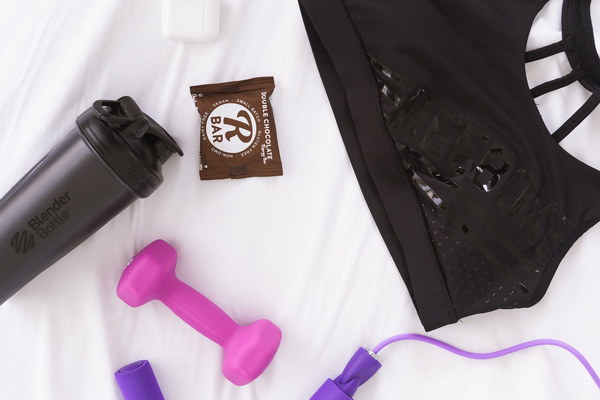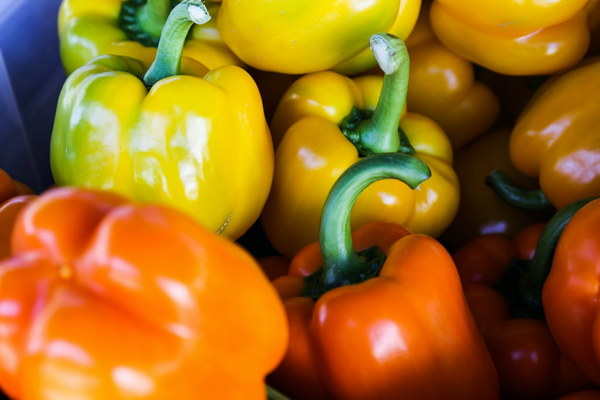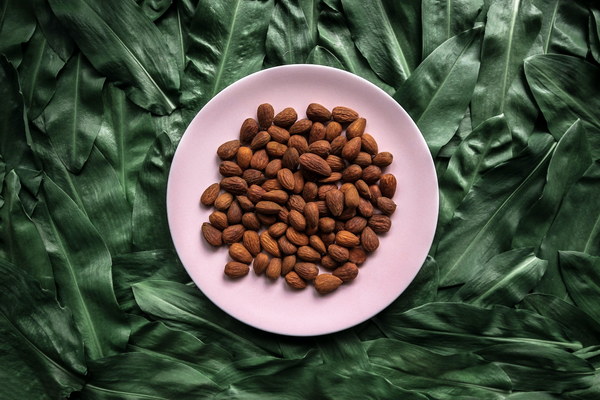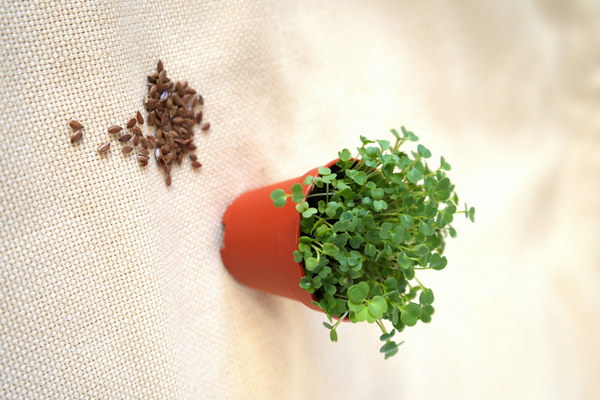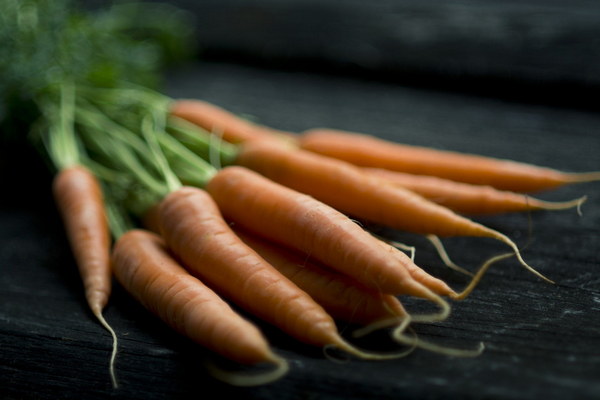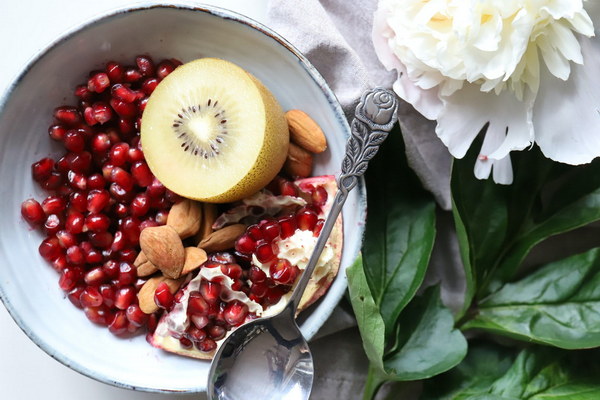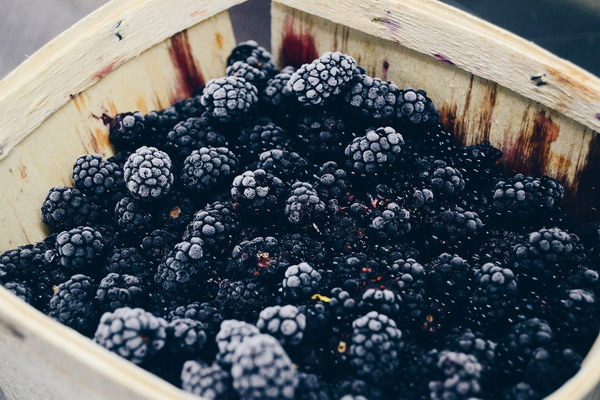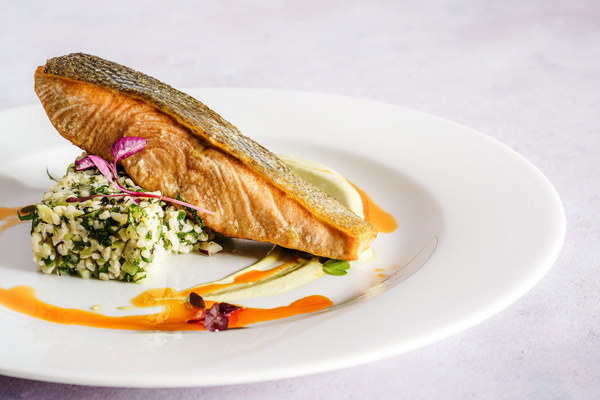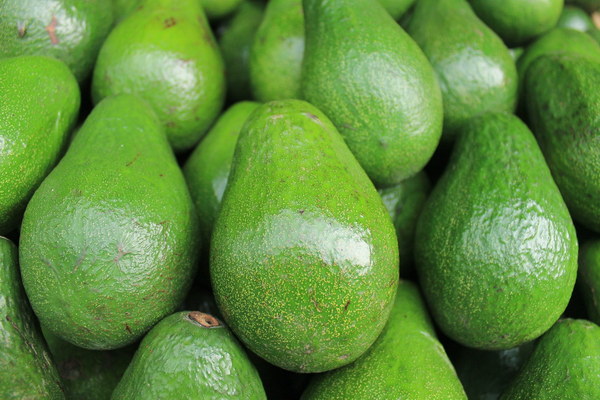Nourish Your Way to Wellness A Comprehensive Guide to Body Building for Women
In the fast-paced world we live in, it's easy for women to neglect their health and well-being. However, understanding how to properly nourish your body is crucial for overall wellness. This guide will help you build a solid foundation for a healthy lifestyle, focusing on essential nutrients and balanced eating habits tailored to women's unique nutritional needs.
1. Understanding Your Body's Needs
First and foremost, it's important to recognize that women have different nutritional requirements compared to men. Hormonal changes, menstrual cycles, and pregnancy all play a role in determining what your body needs. Here are some key points to consider:
- Iron: Women require more iron than men due to monthly blood loss. Incorporate iron-rich foods like lean red meat, poultry, fish, lentils, and beans into your diet.
- Calcium: Essential for bone health, calcium is vital for women, especially as they age. Dairy products, leafy greens, and fortified foods are great sources.
- Folic Acid: This B vitamin is crucial for preventing birth defects. Women of childbearing age should consume foods like leafy greens, citrus fruits, and fortified cereals.
- Omega-3 Fatty Acids: These healthy fats can help reduce inflammation and support heart health. Sources include fatty fish, flaxseeds, chia seeds, and walnuts.
2. Building a Balanced Diet
A balanced diet is the cornerstone of good health. Here's a breakdown of the different food groups and their importance:
- Carbohydrates: Choose complex carbohydrates like whole grains, legumes, and starchy vegetables. These provide sustained energy and fiber, which aids in digestion.
- Proteins: Include lean proteins such as poultry, fish, tofu, and plant-based alternatives. Proteins help repair and build muscle tissue.
- Fats: Focus on healthy fats found in avocados, nuts, seeds, and olive oil. These fats are essential for nutrient absorption and hormone production.
- Vegetables and Fruits: Aim for a variety of colors to ensure you're getting a wide range of vitamins and minerals. These should make up the bulk of your diet.
- Dairy: If you consume dairy, choose low-fat or fat-free options to reduce saturated fat intake. For those who are lactose intolerant, consider plant-based alternatives like almond milk or soy milk.
3. Hydration and Exercise
Proper hydration is crucial for overall health. Aim to drink at least 8 glasses of water per day, and adjust your intake based on your activity level and climate. Exercise not only helps maintain a healthy weight but also aids in digestion, improves circulation, and supports muscle growth.
4. Supplements: A Helper, Not a Substitute
While supplements can fill nutritional gaps, they should not replace a balanced diet. Consult with a healthcare professional before starting any supplement regimen. Common supplements for women include:
- Multivitamins: To ensure you're getting essential vitamins and minerals.
- Calcium and Vitamin D: For bone health.
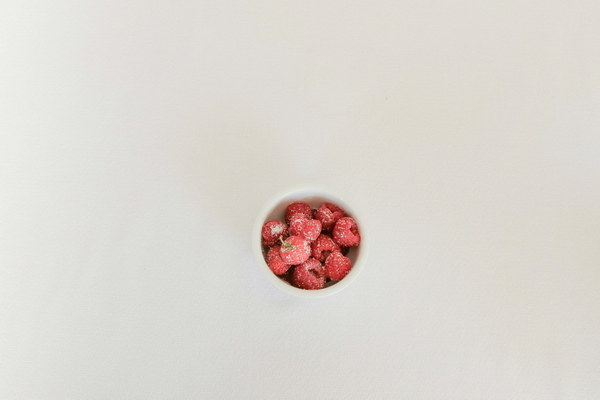
- Iron: Especially important for women of childbearing age.
- Omega-3 Fatty Acids: To support heart health and reduce inflammation.
5. Listening to Your Body
Lastly, pay attention to how your body responds to different foods and activities. Some women may experience bloating, discomfort, or other issues when consuming certain foods. Experiment with your diet and listen to what works best for you.
In conclusion, nourishing your body as a woman involves a holistic approach that includes understanding your unique nutritional needs, building a balanced diet, staying hydrated, exercising regularly, and considering supplements when necessary. By taking these steps, you'll be on your way to a healthier, more vibrant life.
